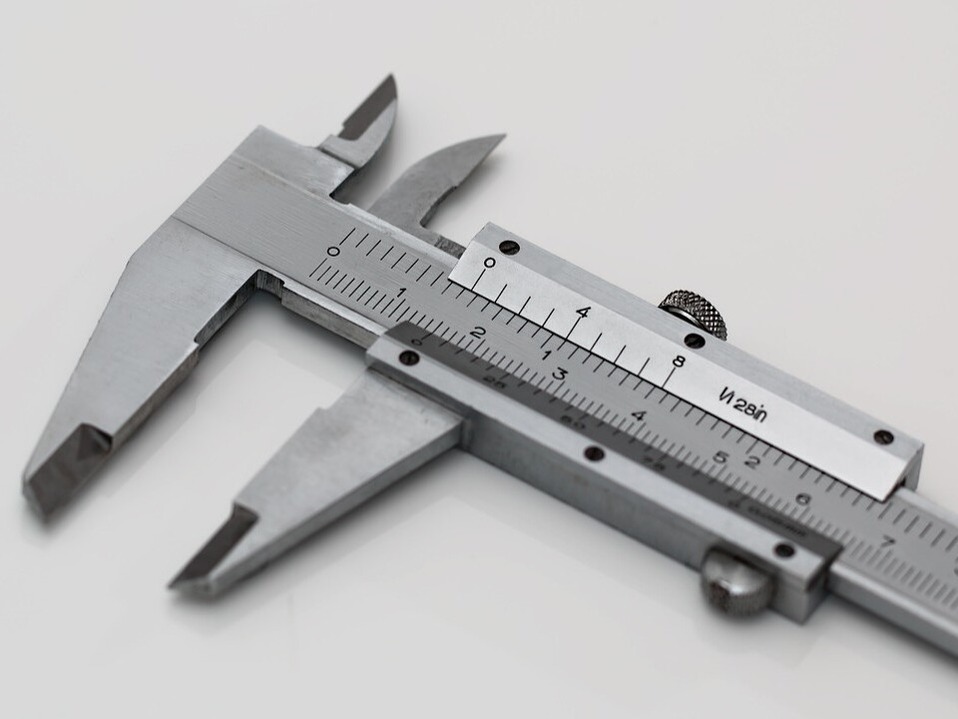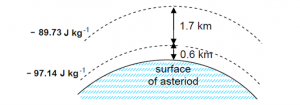DIGITAL LESSONS > A-LEVEL GRAVITATIONAL FIELD

Gravitational Field
You’ll learn about Newton’s Law of Universal Gravitation, gravitational field lines, orbits, and satellite dynamics. From escape speeds to potential gradients, this chapter unveils the profound principles of gravitational physics.
👨🏻🏫5 Lessons * 2 Hours/Week
💻25 Conceptual Videos & 40 Example Question Videos
Conceptual Videos
🔒Newton’s Law of Universal Gravitation I
🔒Newton’s Law of Universal Gravitation II
🔒Newton’s Law of Universal Gravitation III
🔒Newton’s Law of Universal Gravitation IV
Gravitational Field Strength 1
Gravitational Field Strength 2
Gravitational Field Strength 3
🔒Variation Gravitational Field Strength
🔒Factors Affecting Gravitational Field Strength
🔒Orbits Near the Surface of the Earth
🔒Weightless and Apparently Weightlessness I
🔒Weightless and Apparently Weightlessness II
🔒Apparent Weight of a body at Different Locations on Earth
Gravitational Potential Energy
🔒Equipotential & Potential Gradient
Summary Notes
Mastery Practices
🟩Easy
A mass m is at fixed point Q. It produces a gravitational potential at point P, distant r from Q.

This gravitational potential is equal to the external work done on unit mass in moving it
A |
from P to Q |
C |
from P to infinity |
B |
from Q to P |
D |
from infinity to P |
Video Explanation
Answer
🟩Easy
The Earth has a mass of 5.97 ×10²⁴ kg and a radius of 6370 km. What is the difference in gravitational potential between the Earth’s surface and a point at an altitude of 3000 km?
A |
5.28 J kg ⁻¹ |
C |
7.02 × 10⁷ J kg ⁻¹ |
B |
2.00 × 10⁷ J kg ⁻¹ |
D |
6.25 × 10⁸ J kg ⁻¹ |
Video Explanation
Answer
🟩Easy
Two isolated masses m₁ and m₂ are separated by a distance r.
Which expression gives the gravitational field strength caused by m₁ at m₂?

Video Explanation
Answer
🟨Medium
The gravitational field strength outside a uniform sphere of mass M is the same as that of a point mass M at the centre of the sphere. The Earth, which may be assumed to be spherical and of radius r, has a gravitational field strength g at its surface.
Which expression gives the gravitational field strength at a height h above the ground?

Video Explanation
Answer
🟨Medium
The figure below shows the gravitational potential near the surface of the asteroid 951 Gaspra. Determine the mass of the asteroid.

A |
1.00 x 10 ¹⁶ kg |
B |
2.00 x 10 ¹⁶ kg |
C |
3.00 x 10 ¹⁶ kg |
D |
4.00 x 10 ¹⁶ kg |
Video Explanation
Answer
🟨Medium
A boy can jump to a maximum height of h on the surface of Earth. If he were on another planet whose radius is four times that of Earth’s, and density is only half that of Earth’s, determine the maximum height the boy can attain when he jumps.

Video Explanation
Answer
🟨Medium
A satellite of mass 50 kg moves from a point where the gravitational potential due to the Earth is -20 MJ kg ⁻¹, to another point where the gravitational potential is -60 MJ kg ⁻¹.
In which direction does the satellite move and what is its change in potential energy?
A |
closer to the Earth and a loss of 2000 MJ of potential energy |
B |
closer to the Earth and a loss of 40 MJ of potential energy |
C |
further from the Earth and a gain of 2000 MJ of potential energy |
D |
further from the Earth and a gain of 40 MJ of potential energy |
Video Explanation
Answer
The lessons and resources above are just the tip of the iceberg.
Gain complete access to our exclusive lessons on all topics!
Sign up for our Physics tuition program today and master this essential topic.

Mr. Bryan Lai
FOUNDER OF PHYSICS ACADEMY
Over the past 15 years, my students remember me as the “Go-To” Master Physics Tutor who has consistently helped over 1,280 students achieved Distinctions for Secondary & JC A Level in just 6-9 Months, regardless of their current exam grades.
All thanks to my Physics Prof Learning System which allow students to learn Physics 24/7 anytime, anywhere! By combining Weekly Classroom Lessons, Digital Lessons, Physics Compendium (AKA Physics Bible), and FREE Consultations. I’ve helped my students clarify all their doubts & skyrocket their results in a very short time.
Please fill in your details.
